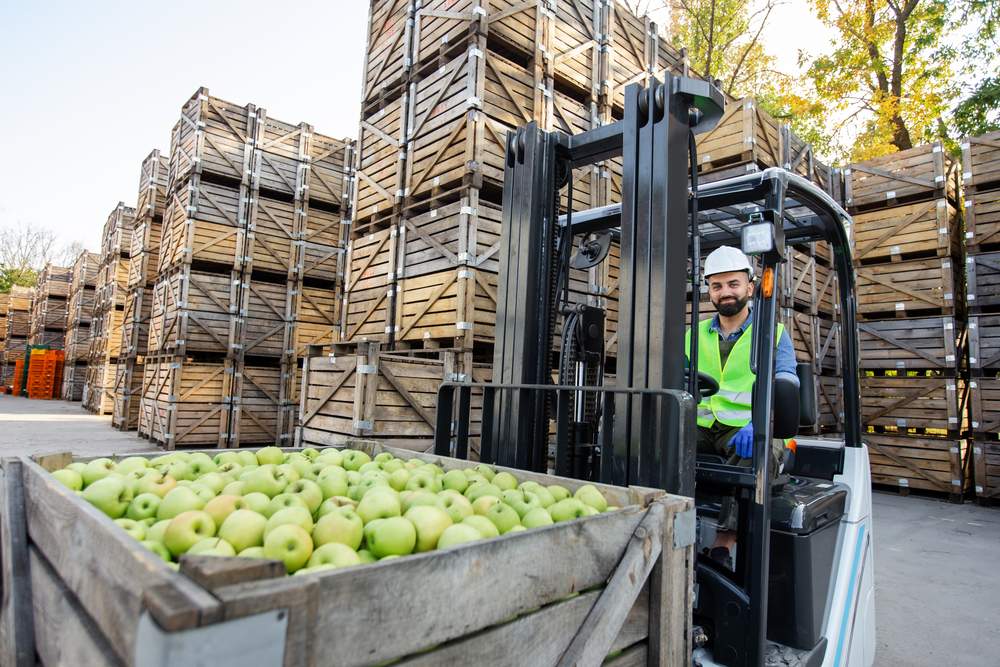The initiative is aimed at professionals in agriculture and foreign food trade. Applications are being received until June 17th and space is limited to 100 participants.

San Jose, 13 June 2022 (IICA) – Strengthening the capacity for international analysis, understanding trade policy instruments, and mastering the main variables of regional economic integration are fundamental to economic recovery in the Americas. These are also the objectives of an online course offered by the Inter-American Institute for Cooperation on Agriculture and its partners.
Registration for the course is available at https://forms.gle/bKEuHetrAz2C7gDh8 and is open until June 17th. Space is limited to 100 participants and classes will begin on June 28th.
Over a four-week period, the selected participants will learn about the international economic structure, trade agreements and international negotiations; international trade and instruments of trade policy in the agriculture sector; new topics on agricultural and food trade; and the characterization of trade blocs in Latin America and extra-bloc trade agreements.
The course is entitled “International Trade and Agriculture” and is offered by IICA in partnership with the Executive Secretariat of the Central American Agricultural Council (SECAC), the Secretariat for Central American Economic Integration (SIECA), and FAO.
Candidates must have a university degree (licentiate or higher) in law, economics, agricultural management, agricultural or food engineering, international relations, foreign trade, or a related field.
They must also have at least two years of work experience in the public, private, or academic sectors in activities related to foreign trade (customs, immigration, economics or trade, health, agriculture, etc.), agriculture, or economic integration in Latin America.
More information:
Institutional Communication Division.
comunicacion.institucional@iica.int











